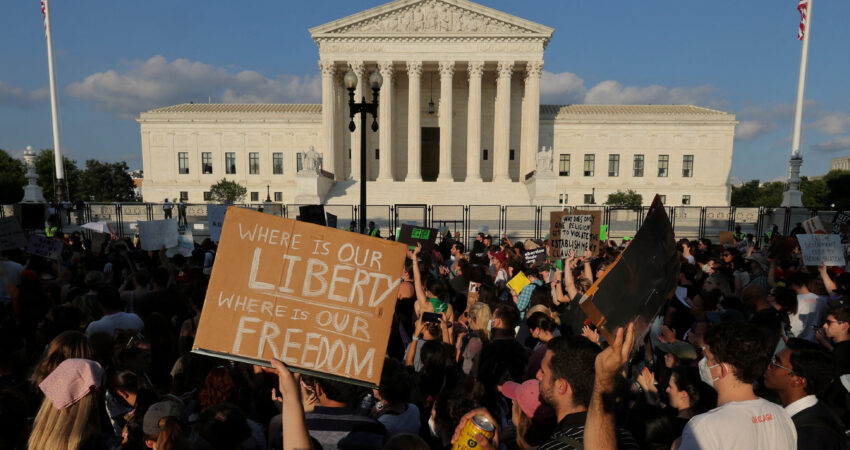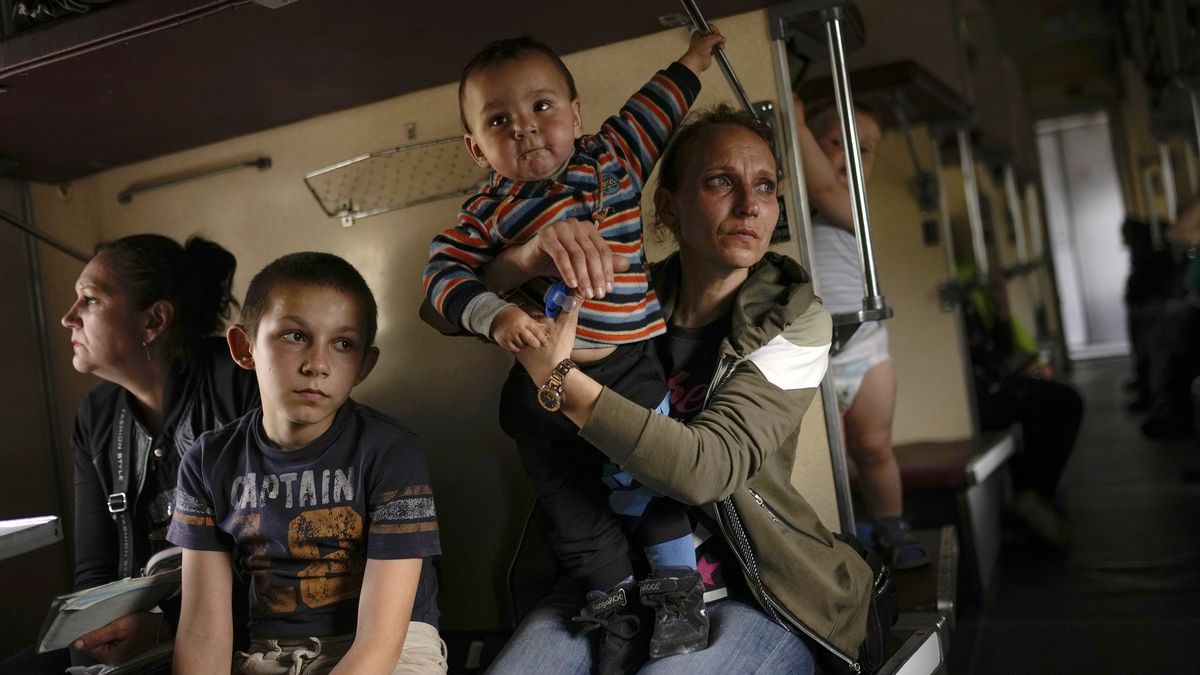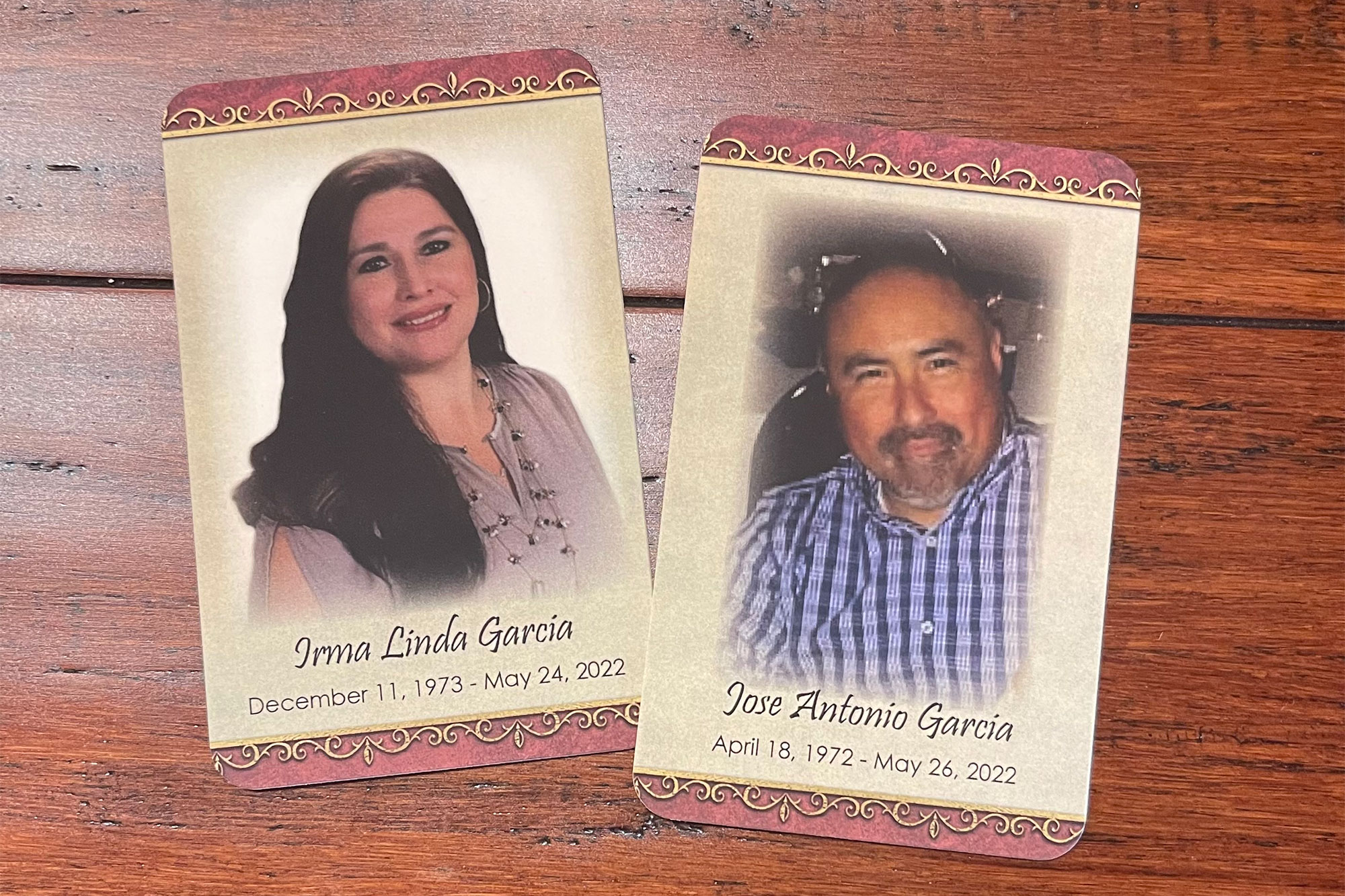—
In a landmark decision that has sent shockwaves across the nation, the United States Supreme Court has effectively overturned Roe v. Wade, ending decades of constitutional protections for abortion.
This divisive move has elicited mixed reactions, with some celebrating what they see as a long-awaited victory for pro-life advocates, and others expressing fear and anger over the potential implications of this dramatic shift in American jurisprudence.
At the heart of the controversy stands Justice Samuel Alito, who penned the 5-4 majority opinion, arguing that Roe was fundamentally flawed from its inception.
By returning the power to regulate abortion to individual states, Alito believes the court is correcting a historical error, despite the deep divisions and heated debates this decision reignites.
The immediate aftermath of the ruling has seen a patchwork of legislative responses across the country.
In ten states, abortion has become outright illegal, while the legal status in three remains uncertain.
Thirteen states are gearing up to enforce severe restrictions or total bans, prompting concerns about the access to abortion services in states where it remains legal and fears of increased confrontations at clinics.
Jessica Levinson, a law professor at Loyola Law School, expresses shock among her students, highlighting the profound change this decision represents for a generation that had come to view Roe v. Wade as settled law.
The strategic calculations behind achieving a majority in the Supreme Court, as noted by attorney Kathryn Kolbert, reveal the long-term planning by conservative legal activists aimed at securing this outcome.
The reversal of Roe v. Wade has not only reignited debates over abortion but also raised questions about the future of other landmark decisions related to privacy and personal freedoms.
Justice Clarence Thomas, in a separate opinion, suggested that the court should reconsider all precedents established under the doctrine of substantive due process, hinting at potential challenges to rights concerning contraception, same-s-* intimacy, and marriage equality.
Despite assurances that the Dobbs decision is narrowly focused on abortion, critics like Levinson worry about its broader implications for reproductive rights and personal freedoms.
Erika Bachiochi, a pro-life feminist, sees the decision as an opportunity to redirect focus towards supporting women through better healthcare, working conditions, and family support systems, challenging the notion that abortion rights are inherently feminist.
As both sides of the abortion debate look ahead, there’s an acknowledgment that the battle over reproductive rights is far from over.
Advocates for abortion rights are called to become more politically active, recognizing that the composition of the Supreme Court suggests a conservative legal revolution may be underway, with lasting impacts on American society.
This pivotal moment in American legal history underscores the enduring complexity of balancing individual freedoms with moral and ethical considerations, challenging citizens and lawmakers alike to navigate these turbulent waters with compassion, understanding, and respect for differing viewpoints.



